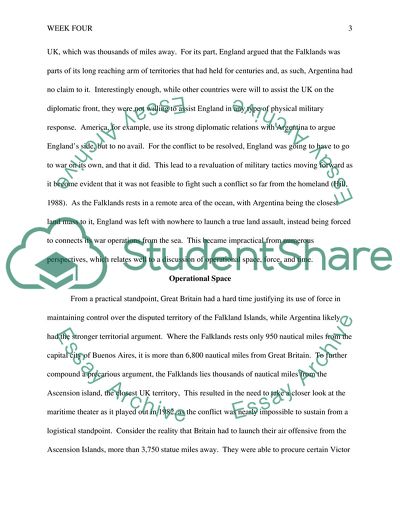Cite this document
(“Operational Factors of Maritime Theater Essay Example | Topics and Well Written Essays - 1250 words”, n.d.)
Retrieved from https://studentshare.org/military/1641447-operational-factors-of-maritime-theater
Retrieved from https://studentshare.org/military/1641447-operational-factors-of-maritime-theater
(Operational Factors of Maritime Theater Essay Example | Topics and Well Written Essays - 1250 Words)
https://studentshare.org/military/1641447-operational-factors-of-maritime-theater.
https://studentshare.org/military/1641447-operational-factors-of-maritime-theater.
“Operational Factors of Maritime Theater Essay Example | Topics and Well Written Essays - 1250 Words”, n.d. https://studentshare.org/military/1641447-operational-factors-of-maritime-theater.


